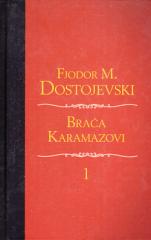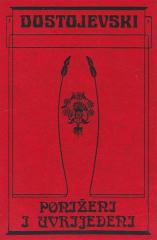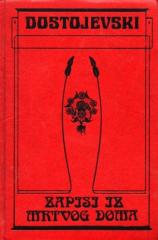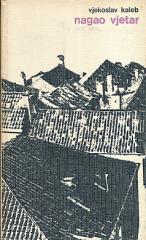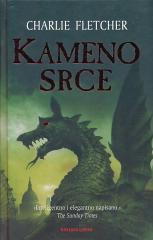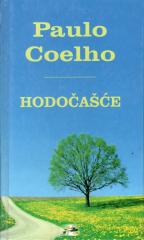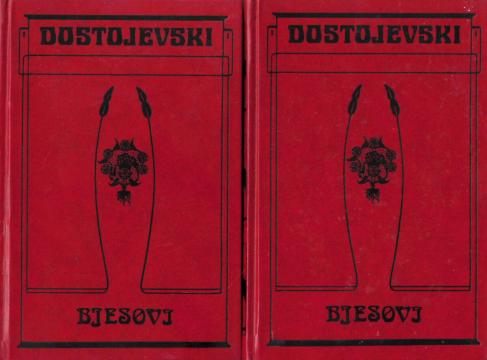
Bjesovi
Furies (1872) is a dark novel that explores political fanaticism, nihilism, and moral chaos in 19th-century Russia. The plot, inspired by the real-life assassination of a revolutionary, is set in a provincial town where ideas and ideologies clash.
The story follows a group of conspirators led by Nikolai Stavrogin, a charismatic but morally empty character, and Pyotr Verkhovensky, a fanatical nihilist who plans a revolution. Verkhovensky brings together a diverse group—from the idealist Shatov to the cynical Kirillov—to destabilize society. Their plans, which include murder and subterfuge, lead to tragic chaos. Stavrogin, the central figure, is the embodiment of spiritual emptiness; his relationships with other characters, including Liza and Marya, reveal his inner disharmony.
The novel explores the conflict between faith, atheism, and revolutionary ideas, criticizing the destructive nature of nihilism and political extremism. Through complex characters, such as Stepan Trofimovich, Verkhovensky’s father, who symbolizes Western liberalism, Dostoevsky examines a moral and spiritual crisis. The narrator, a local chronicler, adds a satirical tone as the plot unfolds in an increasingly dark spiral of violence and despair.
The Furies is a prophetic analysis of social unrest and the dangers of ideological fanaticism, with an emphasis on the tragic consequences of the loss of moral values. The novel ends tragically, leaving the impression of the inevitability of ruin when ideology is separated from humanity.
No copies available
The last copy was sold recently.
